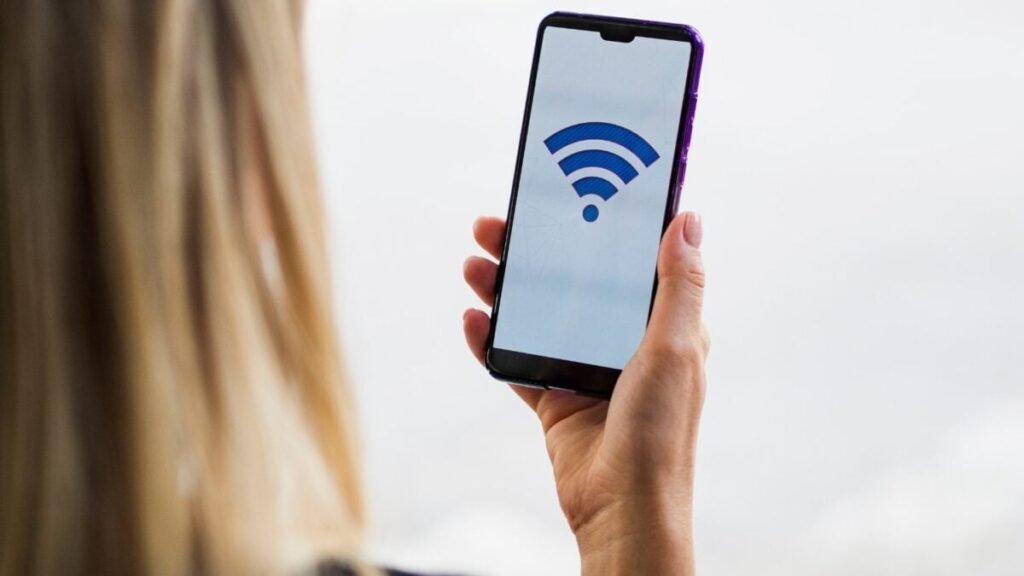“Stay Safe on Public WiFi: Connect Without Compromising Your Privacy”

Traveling, working remotely, or handling urgent tasks in locations without stable coverage often leads users to connect to public WiFi networks. While convenient and accessible, these connections lack the necessary protections and can open the door to password or bank data theft. Cybersecurity experts explain the most common risks and steps to take to minimize the impact if there is no other connection alternative.
## Why Public WiFi Networks are a Risk
According to the National Cybersecurity Institute of Spain (INCIBE), the lack of encryption makes any transmitted data an easy target. Cybercriminals exploit this vulnerability to carry out attacks such as:
– **”Man-in-the-Middle”**: they intercept traffic between the device and the network, allowing them to read emails, messages, or passwords.
– **Fake networks**: they create false access points that mimic legitimate ones, tricking users into connecting without realizing it.
The outcome can range from credential theft to bank fraud.

## Basic Protective Measures
INCIBE recommends adopting these guidelines before connecting to an open network:
– **Use a VPN**: enforce connection encryption and protect data in transit.
– **Avoid sensitive operations**: refrain from accessing online banking, making purchases, or using platforms with critical passwords.
– **Keep your device updated**: install the latest security patches for both the device and apps.
– **Have antivirus software**: detect malicious software and enhance protection.
– **Disable automatic connection**: prevent automatic connections to open networks and sharing features like files or printers.
### Recommended Settings on Mobile or Laptop
Disable automatic connection to open networks and sharing functions such as files or printers.
Before connecting, it is advisable to:
– Check that automatic WiFi is turned off.
– Ensure the connection is encrypted (HTTPS on websites).
– Use whenever possible as the safest option.
– Turn off Bluetooth and file sharing when not in use.

### The Golden Rule: Limit Its Use
Even by implementing these measures, the risks do not disappear. Experts advise reserving public networks only for basic activities—checking a map, reading news, or sending messages without critical information—and never for sensitive transactions.
As stated by INCIBE: “The very nature of these networks being open is their primary vulnerability. Their use should be the last resort.”




